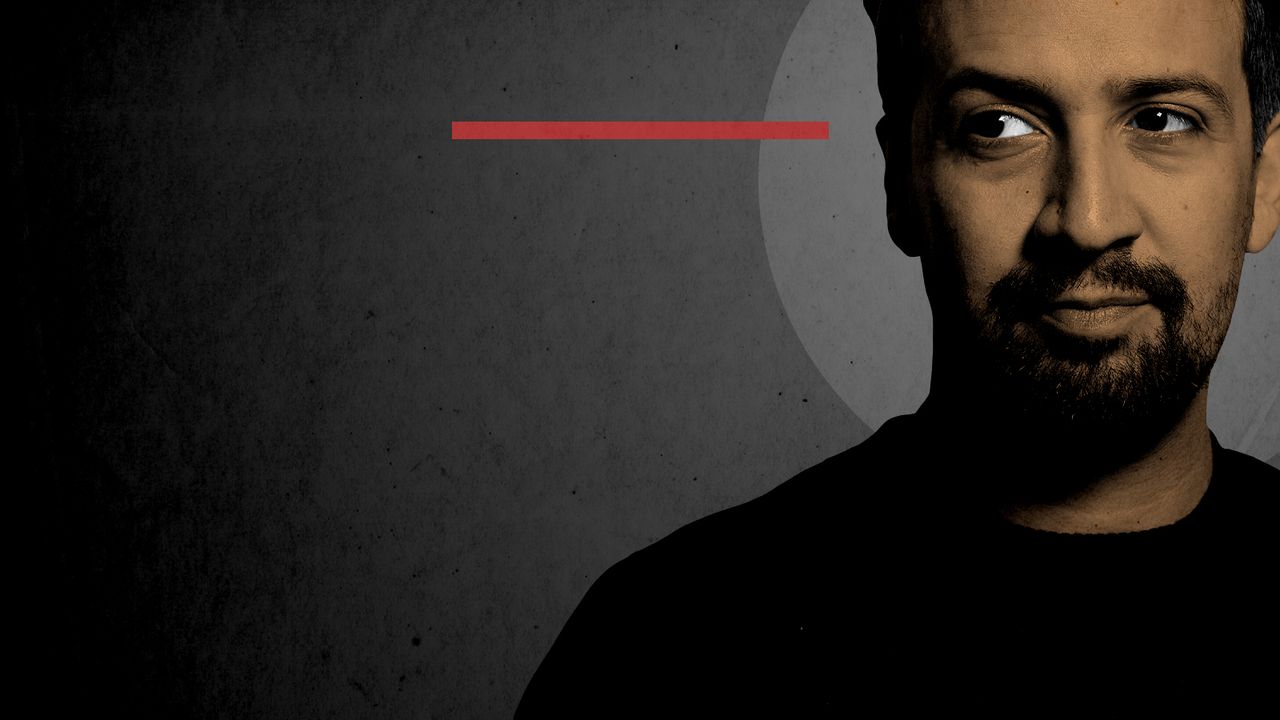How to judge a public apology in the age of cancel culture
Three questions to ask during and after a heated controversy


Lin-Manuel Miranda apologized. Bill Maher got angry.
Miranda is the Hamilton phenom whose new movie musical, In the Heights, has been criticized for colorism because it features light-skinned Latin actors in the leading roles — even though it is set in the much more diverse neighborhood of Washington Heights, New York. Miranda has apparently taken the critiques to heart: Last week he apologized on Twitter. "I can hear the hurt and frustration over colorism, of feeling still unseen in the feedback," he wrote, and added: "In trying to paint a mosaic of this community, we fell short. I'm truly sorry."
That was too much for Maher, who sounded off Friday night on his HBO show, Real Time.
Subscribe to The Week
Escape your echo chamber. Get the facts behind the news, plus analysis from multiple perspectives.

Sign up for The Week's Free Newsletters
From our morning news briefing to a weekly Good News Newsletter, get the best of The Week delivered directly to your inbox.
From our morning news briefing to a weekly Good News Newsletter, get the best of The Week delivered directly to your inbox.
"Do I think he really thinks he needs to apologize? I don't," Maher grumbled. "He just wants to avoid the news cycle. I don't blame him, you know. I understand this, but at some point, people are going to have to stand up to these bullies because that's what it is! It's bullying."
Public apologies have always been fraught, but never more so than in the age of perpetual outrage on social media and so-called "cancel culture." Expressions of contrition are both frequent, and frequently judged to be hollow — the cliche of expressing regrets "if anybody was offended" has justly become something of a joke. Statements are often appraised based on how they move the ever-churning news cycle. And if a public figure apologizes too quickly or too lavishly, there's a whole sector of observers — mostly on the right — who will push back, against either the supposedly censorious "mob" that provoked the apology, or against the weakness they believe the apology represents. A celebrity or politician can't say "I am sorry" without it becoming about Everything Else in the Discourse. The notion that public regret might represent an individual's sincere reflection is rarely considered.
I have no idea what was in Miranda's heart when he apologized, and neither does anybody else. That's part of what makes judging this process so tricky. But I do sense we would benefit as a culture if we could cut through the noise of our endlessly loud debates to make more room for meaningful apologies, real forgiveness — where merited — and, hopefully, real healing when an offense has taken place. We can start by asking three questions, using the In the Heights controversy as our guide.
Who got hurt? Not every "controversy" that hits the headlines is worthy of the name; many dustups are simply manufactured for the sake of clicks, money, or votes. But it's also the case that what hurts me might not hurt you; it doesn't mean your injury doesn't matter. So it makes a childish sort of sense that Maher doesn't see a need for Miranda to apologize. After all, he (a middle-aged white man with his own TV show) wasn't hurt by the movie's casting. Afro-Latinos, on the other hand, have faced a long history of color-based discrimination. There's real pain there. Expressing it is not "bullying."
What is the expected standard? We appraise people, churches, institutions, and countries by how well they comport with their professed values — and take note where there's a gap. Miranda, in both Hamilton and In the Heights, has made a very public point of bringing diverse faces and experiences to the stage and screen. It's probably fair to judge him on how well he performs the task. In this case, he arguably fell short.
What happens next? Instead of Miranda, let's look at Virginia Gov. Ralph Northam (D). Two years ago, it was revealed he wore blackface at a party when he was a medical school student in the 1980s. There were calls for him to resign. He didn't. Instead, as The New York Times reported last week, Northam apologized and then pivoted to becoming the "the most racially progressive governor in the state's history" — passing police reforms, abolishing the death penalty, and raising new funds for the state's Black colleges.
Meaningful apologies, public and private, are usually accompanied by changes in behavior that compensate for the offense, or make it less likely to recur in the future. But such evolutions can only be fairly judged over time — and that requires patience, which is elusive in the "action today, reaction tomorrow" speed of our current culture.
That leaves us in a necessarily incomplete place, as far as Lin-Manuel Miranda goes. He has promised to "do better," but we won't see what that really means, or if he has done so, until his next musical, movie, or TV show some months or years down the road. It's not too early to say Bill Maher is wrong. Sure, we too easily resort to cheap outrage in this country, but sometimes a genuine expression of contrition — in our politics, our culture, and our personal lives — is good and necessary.
Sign up for Today's Best Articles in your inbox
A free daily email with the biggest news stories of the day – and the best features from TheWeek.com
Joel Mathis is a writer with 30 years of newspaper and online journalism experience. His work also regularly appears in National Geographic and The Kansas City Star. His awards include best online commentary at the Online News Association and (twice) at the City and Regional Magazine Association.
-
 Scottish hospitality shines at these 7 hotels
Scottish hospitality shines at these 7 hotelsThe Week Recommends Sleep well at these lovely inns across Scotland
By Catherine Garcia, The Week US Published
-
 Scientists invent a solid carbon-negative building material
Scientists invent a solid carbon-negative building materialUnder the radar Building CO2 into the buildings
By Devika Rao, The Week US Published
-
 Crossword: April 1, 2025
Crossword: April 1, 2025The Week's daily crossword
By The Week Staff Published
